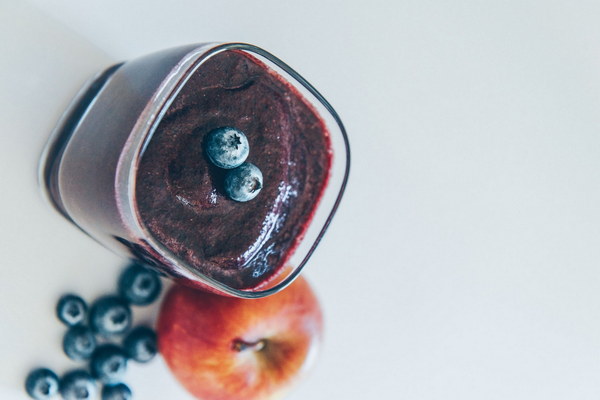Can Liver Cirrhosis Patients Consume LiverNourishing Supplements
Liver cirrhosis, a serious liver disease characterized by the replacement of healthy liver tissue with scar tissue, is a condition that demands careful management and attention to diet. One common question among patients is whether they can consume liver-nourishing supplements to aid in their recovery. This article delves into the topic, exploring the potential benefits and risks of using such supplements in the context of liver cirrhosis.
Liver cirrhosis patients often suffer from compromised liver function, which can lead to various complications. As a result, the intake of liver-nourishing supplements is considered by many to be a potential aid in improving liver health. These supplements typically contain ingredients such as milk thistle, artichoke extract, and turmeric, which are believed to support liver regeneration and reduce inflammation.
Milk thistle, for instance, has been widely studied for its potential hepatoprotective effects. The active compound, silymarin, is thought to inhibit the formation of fibrous tissue in the liver and enhance the production of new liver cells. While milk thistle has shown promise in animal studies, the evidence in human patients with liver cirrhosis is mixed. Some studies suggest that milk thistle may slow the progression of cirrhosis and improve liver function, while others have found no significant benefits.

Artichoke extract is another popular supplement used for liver health. It contains cynarin, a compound that has been shown to stimulate bile production and improve liver function. Artichoke extract has been found to be safe for most patients, but the evidence regarding its effectiveness in treating liver cirrhosis is limited. Some clinical trials have reported positive outcomes, while others have not found any significant differences in liver function compared to placebo.
Turmeric, a spice commonly used in Indian cuisine, contains curcumin, a compound with anti-inflammatory properties. Curcumin has been studied for its potential in treating liver disease, and some research suggests that it may help reduce liver inflammation and fibrosis. However, the evidence is still inconclusive, and more research is needed to determine the effectiveness of turmeric in treating liver cirrhosis.
While liver-nourishing supplements may offer some benefits, it is crucial to understand that they cannot replace medical treatment. Liver cirrhosis patients should always consult with their healthcare provider before starting any new supplement regimen. This is because certain supplements can interact with medications or worsen the condition if taken inappropriately.
Moreover, the intake of liver-nourishing supplements should be approached with caution, especially in patients with advanced liver cirrhosis. In some cases, these supplements may contain ingredients that are harmful to the liver or may exacerbate existing liver damage. It is essential to choose high-quality supplements that have been tested for safety and efficacy.
In conclusion, while liver-nourishing supplements may have potential benefits for liver cirrhosis patients, their use should be based on careful consideration and professional advice. It is important to understand that these supplements cannot replace medical treatment and should be used as part of a comprehensive approach to managing liver cirrhosis. Patients should consult with their healthcare provider to determine the most appropriate course of action, which may include medication, dietary changes, and lifestyle modifications, in addition to potential supplements.
In summary, liver cirrhosis patients can potentially benefit from liver-nourishing supplements, but it is crucial to consult with a healthcare provider before starting any new supplement regimen. While some supplements, such as milk thistle, artichoke extract, and turmeric, may offer potential benefits, their effectiveness and safety in treating liver cirrhosis remain inconclusive. As always, the focus should be on a comprehensive approach to managing the condition, which includes medical treatment, lifestyle changes, and, if appropriate, the use of liver-nourishing supplements under professional guidance.









